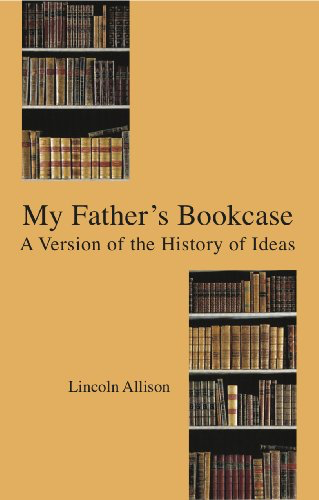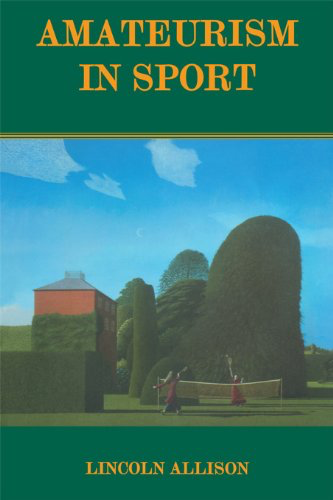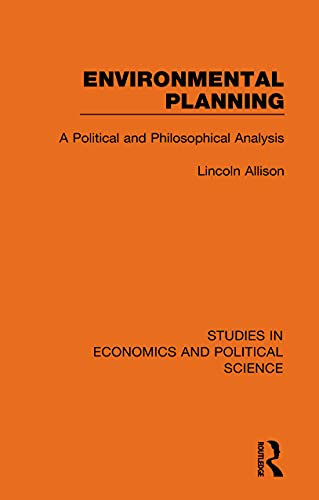Strawson, Truth and Three-card Brag

By Lincoln Allison
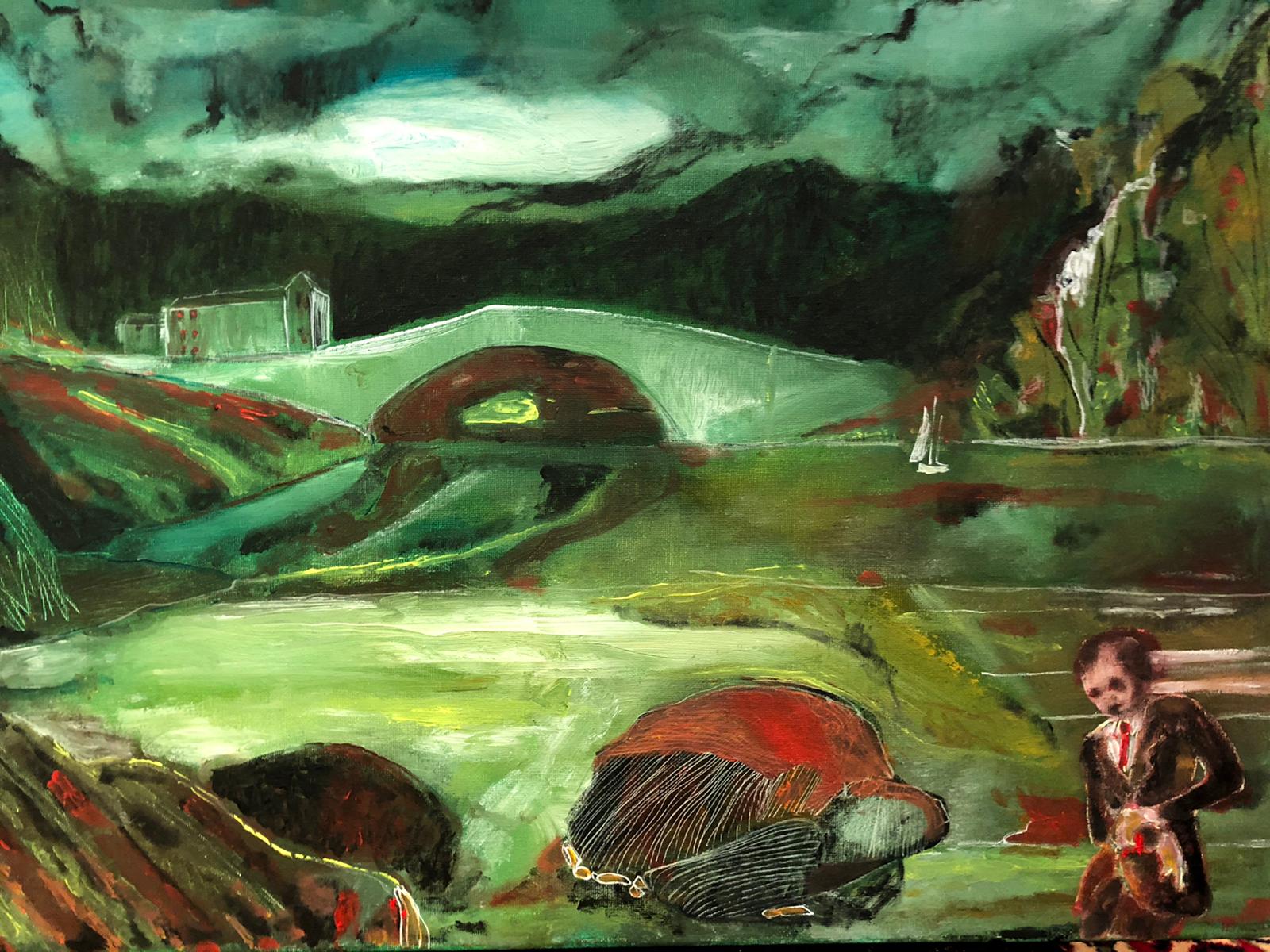
Watching the debate about truth between Peter Strawson and Gareth Evans is an intensely nostalgic experience for me. Gareth was my exact contemporary with whom I attended many lectures, tutorials and classes. As I recalled in this piece Peter was my tutor in Philosophical Logic. But, for the record, I was never in a tutorial with both of them. Peter liked to give individual tutorials in the traditional way so he saw Gareth and myself separately. The Open University debate between them occurred around six years after Peter taught us both. I have one rather trivial comment on it which is that Gareth sounds rather posher than the undergraduate I knew whereas Peter sounds exactly the same.
I also have what may be a more significant comment which concerns an occasion on which Peter seemed to believe that I had challenged him effectively. We sat on either side of the fire in his study and I read a paper on truth. He commented that it was "rather slight" which was entirely fair, but I was able to embellish it by using the reason for the slightness which was that I had being playing cards the night before and had won a lot of money. The game was three card brag, an eighteenth century game related to poker, but simpler with (naturally) a lower standard of hands and much more opportunity for bluffing. I had been dealt for the only time in my life the best hand possible by local convention, a "prial" of threes - "prial" from "pair royal" originally - meaning three threes. The stakes were large and I was asked if I could afford to pay if I lost and I replied that if I lost I would pay. Actually nothing further was said.
But in conversation with Peter I speculated that somebody present might then have demanded, "Is that true?". Would I then have been entitled to say yes? Under the circumstances my assertion was irrefutable and in the context I needed to assert it. Could I justify my statement with the rule that anything can be taken to follow from an impossible counter-factual hypothetical? Would it be different if I had said "I can pay", a statement which might be taken to refer to an existing capacity and which would have been false? Of course saying that "the contingency could not possibly arise" would have been literally giving the game away. In one-pack three card brag my hand could not be equaled let alone beaten. Alternatively, my original statement that I would pay might be classified as the sort of statement which is neither true nor false as Strawson says of, "The Company will parade . . . " - though Evans is surely right to point out that per se it could be taken as a prediction which does turn out to be one or the other.
I was keen to point out that we make statements like my original claim here all the time and that I would have been entitled to be angry with anyone who called me a liar. To my surprise Peter seemed to regard this as an effective attack on the narrowness of his concept of truth. Was he right to do so?
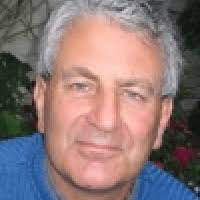
ABOUT THE AUTHOR
Lincoln Allison is Emeritus Reader in Politics at the University of Warwick and Visiting Professor in the politics of sport at the University of Brighton . He is the author or editor of eighteen books running into more than forty editions, and of more than a thousand articles including regular features in New Society, The Daily Telegraph, The Countryman, The Washington Times, Standpoint, Times Higher Education and the Social Affairs Unit website. He has appeared in more than three hundred radio and television programmes, approximately 85% for the BBC.
Books include:
